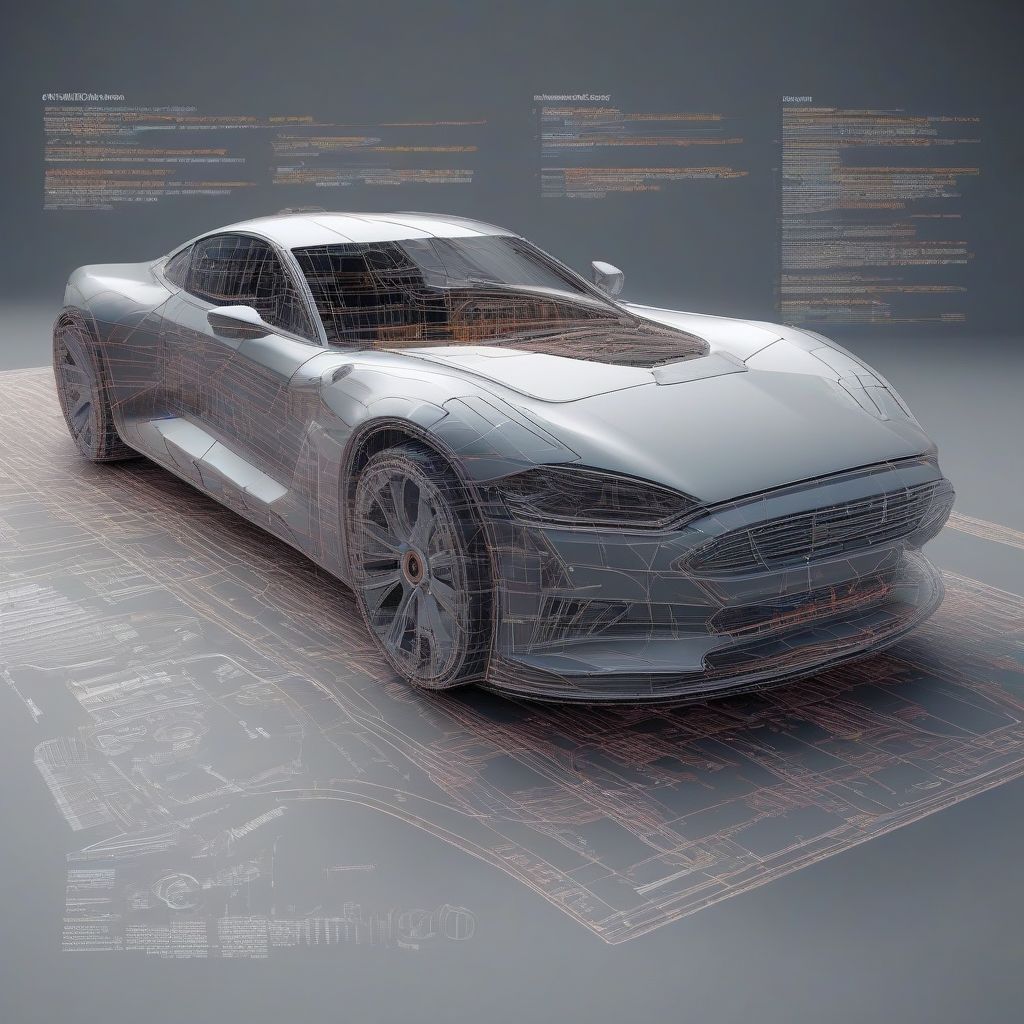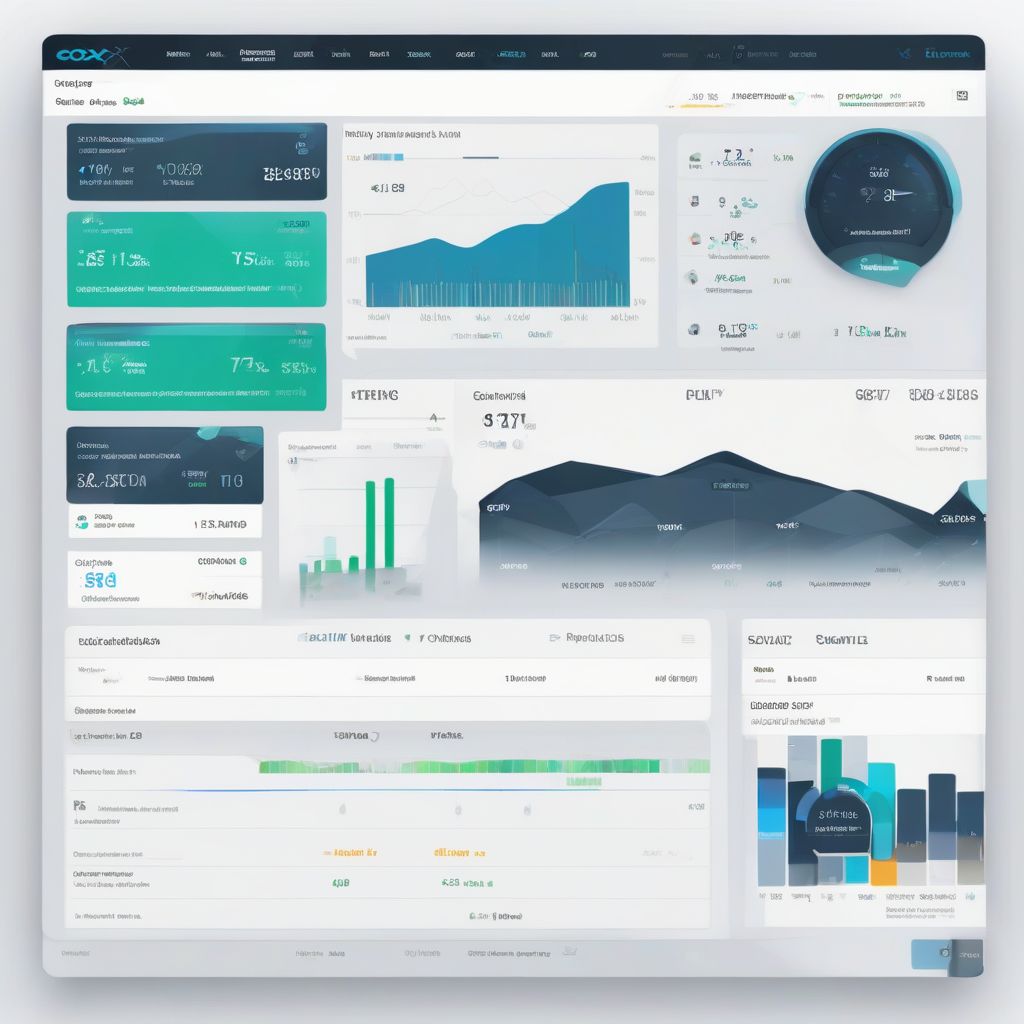The automotive industry is undergoing a revolution. Electric cars, self-driving vehicles, and advanced driver-assistance systems are no longer futuristic fantasies but tangible realities. Powering this exciting transformation are skilled professionals, with Automotive Engineer Degrees, who are passionate about pushing the boundaries of technology and design.
This article explores the intricacies of obtaining an automotive engineer degree, delving into the coursework, career prospects, and the dynamic landscape that awaits aspiring engineers.
What is an Automotive Engineer Degree?
An automotive engineer degree equips individuals with the comprehensive knowledge and skills required to design, develop, and manufacture vehicles and their intricate components. It delves into the fascinating world of mechanical systems, electronics, safety engineering, and sustainable mobility solutions.
Specializations Within Automotive Engineering
While an automotive engineer degree provides a solid foundation, many students choose to specialize in specific areas to hone their skills further. Some popular specializations include:
- Vehicle Dynamics and Control: This specialization focuses on the forces affecting a vehicle’s motion, encompassing areas like suspension design, steering systems, and electronic stability control.
- Powertrain Engineering: This specialization delves into the heart of a vehicle, concentrating on the engine and transmission systems, including exploring alternative fuel technologies like hybrid and electric powertrains.
- Automotive Electronics: With the rise of electric vehicles and advanced driver-assistance systems, this specialization is gaining traction, focusing on areas like embedded systems, sensors, and control algorithms.
- Automotive Design and Styling: Combining engineering principles with creativity, this specialization focuses on a vehicle’s aesthetics and aerodynamics, ensuring form and function work harmoniously.
Why Pursue an Automotive Engineer Degree?
1. Be Part of a Technological Revolution
The automotive industry is undergoing a period of unprecedented change, driven by technological advancements. By pursuing an automotive engineer degree, you’ll be at the forefront of this exciting revolution, shaping the future of mobility.
2. Diverse and Rewarding Career Paths
An automotive engineer degree unlocks a wealth of career opportunities. Graduates can explore roles such as:
- Automotive Design Engineer: Responsible for designing and developing vehicle components and systems.
- Vehicle Dynamics Engineer: Analyzing and improving vehicle handling, stability, and ride comfort.
- Powertrain Engineer: Developing and optimizing engines and transmissions for performance and efficiency.
- Calibration Engineer: Fine-tuning engine and emissions control systems for optimal performance and compliance.
- Research and Development Engineer: Leading the charge in developing new automotive technologies.
3. Global Career Opportunities
The automotive industry is genuinely global, with manufacturing and research facilities worldwide. An automotive engineer degree opens doors to work with leading automotive companies across the globe.
What to Expect in an Automotive Engineer Degree Program?
An automotive engineer degree program typically spans four to five years and combines classroom learning with hands-on experience.
Core Coursework
- Mathematics and Physics: Providing the fundamental principles for understanding engineering concepts.
- Engineering Mechanics: Exploring the principles of forces, motion, and energy applied to automotive systems.
- Thermodynamics and Fluid Mechanics: Understanding heat transfer, combustion processes, and fluid flow in engines and other vehicle systems.
- Vehicle Dynamics and Control: Analyzing vehicle motion, stability, and handling characteristics.
- Automotive Electronics and Control Systems: Exploring the electronic systems used in modern vehicles, including engine control units, sensors, and actuators.
- Automotive Design and Manufacturing: Understanding design principles, materials selection, and manufacturing processes in the automotive industry.
 A split screen showing a 3D model of a car and lines of code
A split screen showing a 3D model of a car and lines of code
Hands-on Experience
- Laboratory Work: Applying theoretical knowledge to practical experiments, such as engine testing, vehicle dynamics analysis, and electronics troubleshooting.
- Internships: Gaining valuable real-world experience by working with automotive manufacturers, suppliers, or research institutions.
- Senior Design Projects: Collaborating with peers to design and build automotive-related projects, showcasing technical skills and problem-solving abilities.
Essential Skills for Aspiring Automotive Engineers
- Strong Analytical and Problem-Solving Skills: Automotive engineers encounter complex technical challenges and must be adept at analyzing problems and developing effective solutions.
- Technical Proficiency: A strong foundation in mathematics, physics, and engineering principles is crucial.
- Computer Literacy: Proficiency in computer-aided design (CAD) software, simulation tools, and programming languages is essential in today’s digital automotive landscape.
- Communication and Teamwork Skills: Automotive engineers often work in teams and must communicate effectively with colleagues, clients, and stakeholders.
- Adaptability and a Passion for Learning: The automotive industry is constantly evolving. A willingness to learn new technologies and adapt to changing trends is vital for long-term success.
The Future of Automotive Engineering
The automotive industry is on the cusp of a technological revolution. Here are some of the key trends shaping the future of automotive engineering:
Electrification
Electric vehicles (EVs) are rapidly gaining popularity, driven by environmental concerns and technological advancements. Automotive engineers are at the forefront of developing more efficient electric powertrains, battery technologies, and charging infrastructure.
Autonomous Driving
Self-driving cars are no longer a distant dream but a rapidly approaching reality. Automotive engineers specializing in artificial intelligence, machine learning, and sensor technologies will play a crucial role in developing and refining autonomous driving systems.
Connected and Smart Vehicles
Vehicles are becoming more connected, integrating with smartphones, other vehicles, and infrastructure. Automotive engineers are working on developing innovative features such as vehicle-to-vehicle (V2V) communication, advanced driver-assistance systems (ADAS), and in-car entertainment systems.
Conclusion
An automotive engineer degree opens doors to a dynamic, challenging, and rewarding career at the forefront of technological innovation. As the automotive industry continues to evolve, skilled and passionate engineers will be in high demand, shaping the future of mobility and driving the world toward a more sustainable and technologically advanced future. If you have a passion for cars, a thirst for knowledge, and a desire to make a tangible impact on the world, an automotive engineer degree could be your ticket to an exhilarating and fulfilling career.


